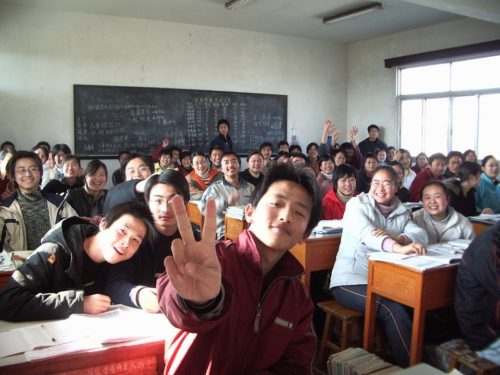What is SB 196?
This bill deals with administration of non-academic surveys by public schools to students. The bill changes the requirements of school district policies governing the administration of non-academic surveys and questionnaires. It removes informed written parental consent. It does this by changing the requirement from opt in to opt out.
Currently for non-academic surveys informed parental consent is required. Education bureaucrats oppose requiring informed parental consent. Among their stated reasons is fear of losing grant funding. It seems that if administration of non-academic surveys is contingent upon parental permission it might be more difficult to reach potentially required participation rates. Oppose senate bill 196.
Why is what we have better than the proposed change?
Seeking parental permission is well worth the effort. Parents are currently required to submit permission slips for field trips. Permission slips are currently required for your child to receive an over-the-counter medication such as Tylenol. Written parental permission is not an undue burden these education bureaucrats. It is simply application of the current standard operating procedure. The argument is specious.
We should support the existing law on parental permission for non-academic surveys. The law simply requires the school to respect parental responsibility for education of their child. There is a right of parents to be informed. They should be able to consent or deny participation by their child. Parents do the best job of protecting their children. They are motivated by concern for their student’s privacy. The principle in play here is: If it ain’t broke; don’t fix it.
SB 196 would change the law from parental opt-in for surveys to an opt-out policy. This undermines the rights of both parents and students. The bill seeks not to amend the law but to gut its function. An opt-out policy assumes that when school officials choose to administer an invasive non-academic survey to students, a family automatically surrenders its privacy rights unless a parent states otherwise in writing. Such a policy is simply wrong. The approach is wrong.
Parental opt-in is the only consent standard protecting both student privacy and parental rights. There is no legitimate justification for non-academic surveys to be administered under any other consent standard. The fact that a grant to a school district might be contingent upon administration of a non-academic survey is not relevant to the need to abide by the New Hampshire law. Nor is it reason to give up privacy protections. Nor is it a reason to cede parental responsibility for their child’s education to the district or the state. No grant is enough to justify undermining parental rights and student privacy. Oppose senate bill 196.
What are the ethics and risk?
It is critical that grant dollars do not become the main focus of education. Who even knows what uses these invasive surveys will be put to? Don’t we want to know when our kids are being used as lab rats for research? Lobbyists and bureaucrats are showing more concern for grant money than the ethical boundaries set up to protect children. There is a distinction between securing funding versus protecting children. Putting funding ahead of student privacy contradicts both the American Psychological Association’s (APA) ethics code and the guidelines of the Institutional Review Board (IRB).
Privacy is a concern every time a school or a grantor collects student data. That is exactly what happens when a student takes school administered surveys. A New Hampshire data security expert, Jon DiPietro, testified that such student data is not truly anonymous, and in the case of surveys administered annually, data can track a specific student’s answers over the course of several years. Oppose senate bill 196.
Conclusion:
Informed consent and privacy protections must be our focus. The IRB affirms the importance of protecting those involved in research, including surveys. They take the position this is especially important when the subjects do not have the capacity to protect themselves. Students are minors, so if the IRB is the ethical guideline along with the APA’s Code of Ethics, it is appropriate to vote against any legislation that puts the privacy of children at risk. Oppose senate bill 196. Contact your state senator.
